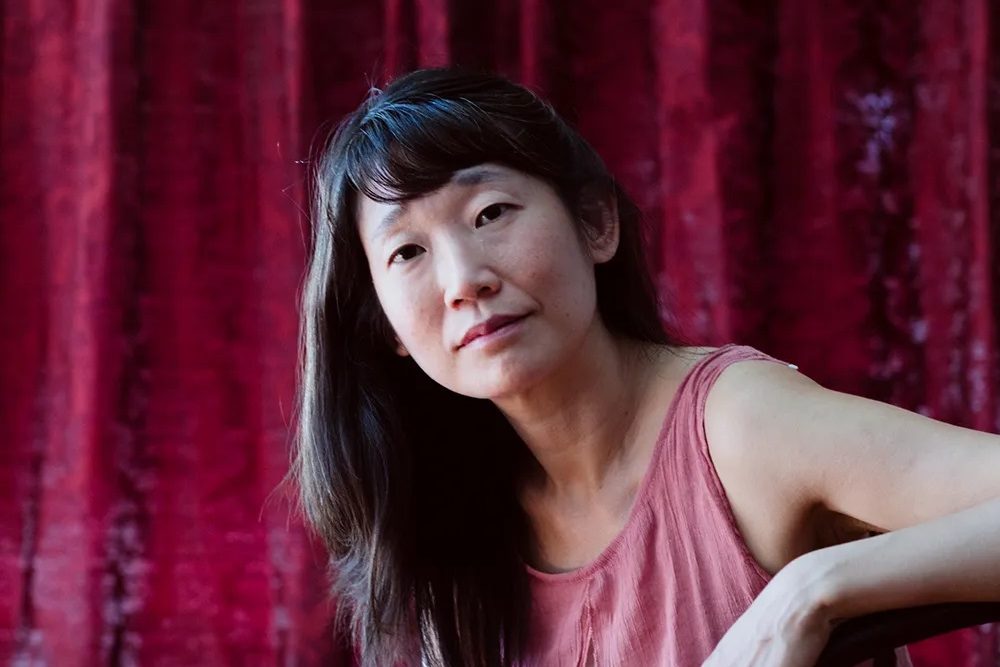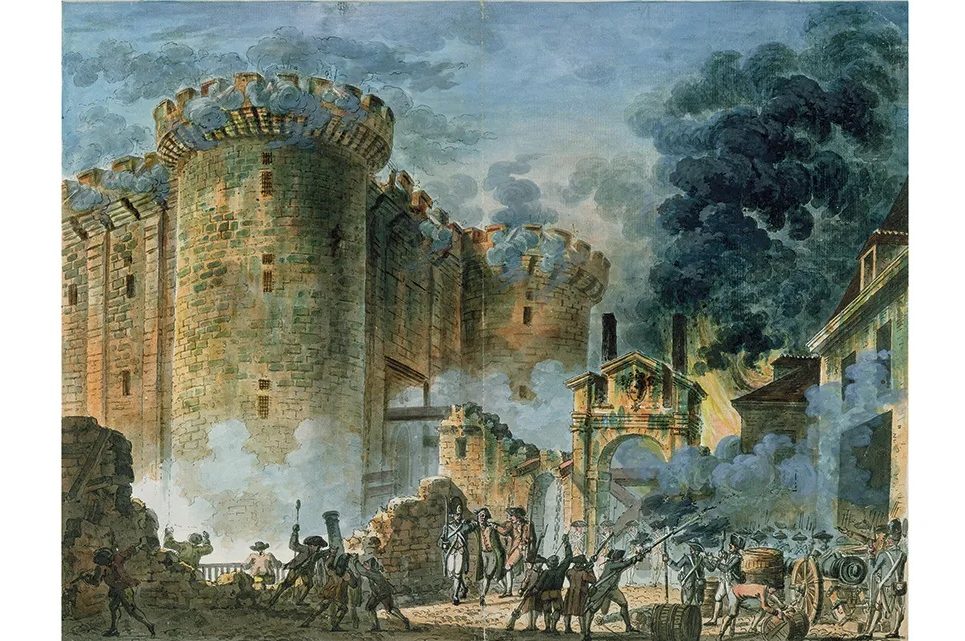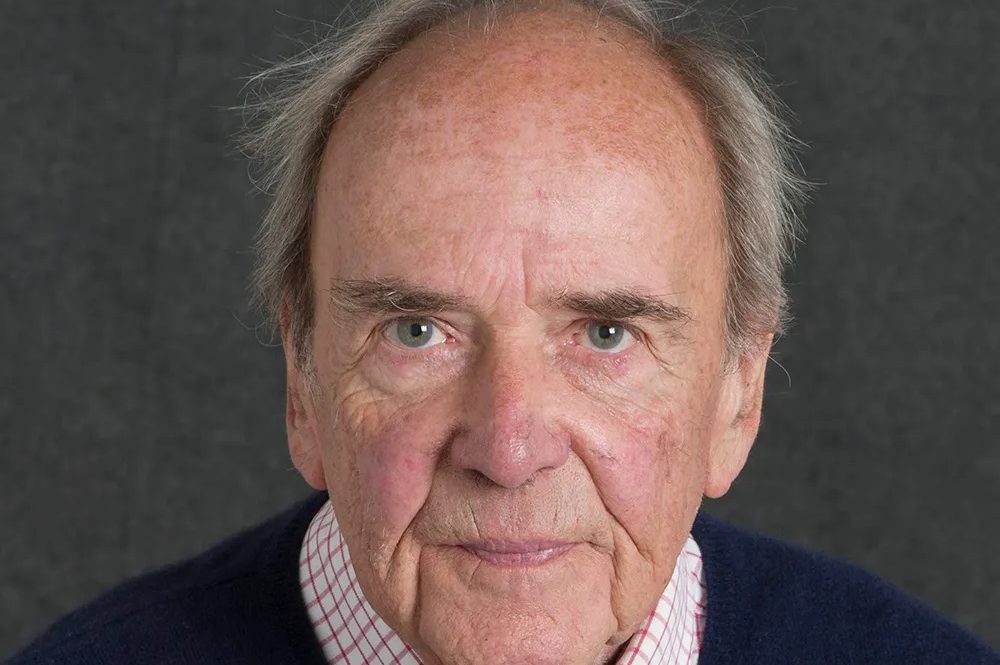If you sit down and talk to an author for any length of time, you will hear gripes. (Writers will never be confused with the sunniest of people on this planet.) About the visibility of their books; about the size of their advances; about their sales, relative to their other titles and to their peers; about publicity campaigns; about cover designs. There will be a lot of gripes, and if you are cornered by an author in a bar, or at a party, you might be advised to make your excuses and flee. But if you have some sympathy for this much-maligned breed, it may occur to you that the basis of their complaints ultimately comes down to a simple lack of appreciation by their publishers: those all-powerful entities that have the power to make or break careers at the touch of a button.
Contemporary American publishing is made up of the so-called “Big Five” institutions, which, between them, control around 90 percent of the print book market, up from 80 percent a decade ago. These publishers — Penguin Random House, Hachette, HarperCollins, Macmillan and Simon & Schuster — contain multitudes of imprints, but ultimately, they hold all the power within the American books industry, which means that, when you are in your local bookstore, the vast majority of titles that you see are likely to have been commissioned, edited and marketed — not to mention sold-through into shops — by the Big Five. There was a “Big Six” up until 2013, but then two of the biggest publishers — Penguin and Random House — decided that the time had come to make an honest union with each other, and so six became five.
Five would have become four if Penguin Random House and Simon & Schuster had had their way. It was announced in November 2020 that PRH was planning on buying S&S for nearly $2.2 billion. This would have created a publishing behemoth without compare — it would have controlled virtually half the US book market, whatever it ended up being named. To describe this as an industry monopoly would be an understatement: to call it a potential catastrophe for authors is nearer the mark.
Yet the Biden administration, for all its faults and disappointments, managed to realize that a deal of this nature would run into all kinds of antitrust issues, and so the Department of Justice attempted to block it, saying the merger would “exert outsized influence over which books are published in the United States and how much authors are paid for their work.” Daniel Petrocelli, the (no doubt extraordinarily well-recompensed) lawyer for PRH, argued the opposite, suggesting — with a straight face — that the merger would deliver “enormous benefits” for authors, on the grounds that the imprints would continue to operate as autonomous entities.
His argument was that, for instance, Macmillan imprints like St. Martin’s Press (full disclosure: my own publisher) and Farrar, Straus & Giroux (FSG) would compete to acquire a book as matters stand now, and that if PRH and S&S were to merge, St. Martin’s would compete against, say, Putnam or Knopf to acquire a new title on exactly the same basis.
Superficially, it’s a seductive argument, but when the case went to trial in August — Esquire called it “the publishing trial of the century” — the situation swiftly turned into a farce that could have come from the pen of an Updike or a Roth. There were too many memorably bizarre incidents and statements to list, but highlights included PRH CEO Markus Dohle offering a truly unique summing-up of the industry: “Everything is random in publishing. Success is random. Best sellers are random. So that is why we are the Random House!”
Most authors would have preferred to have their efforts and endeavors compared to something other than chaos theory — or luck.
Indeed, the witness whose testimony attracted the most attention during the trial was author Stephen King, partly because of his eternally high profile (not, he would argue, a result of fluke) and partly because, despite being one of the best-compensated authors in the Simon & Schuster stable, he was speaking as a witness for the Department of Justice. King proved that he was anything but a company man when he decried the basis on which the merger was proposed, rubbishing Petrocelli’s arguments by saying “you might as well say you are going to have a husband and wife bidding against each other for a house… it’s a little bit ridiculous.” He also ascribed his presence to a moral principle rather than a business one: “I came because I think consolidation is bad for competition. That’s my understanding of the book business, and I’ve been around it for fifty years.”
Other highlights included Jonathan Karp, chief executive at S&S, explaining to the world, once and for all, what a mid-list writer is. I am, for what it’s worth, a mid-list writer; many contributors to these books pages would describe themselves thus (with, of course, some glorious exceptions). We like to think of ourselves as the bread and butter of the industry, producing carefully researched, beautifully written and highly commercial works that will delight readers in their thousands, even tens of thousands on a good day. But Karp — wonderful touch of irony for a publisher’s name — is having none of it. He replied that the term “mid-list writer” is essentially a polite way of a publisher calling an author not wildly successful, to avoid “low-list.” We are, in other words, less the backbone of the industry, and more its funny bone.
Most writers have no other option than to suck up such denigration. Even as PRH CEO Madeline McIntosh announced, apparently seriously, that there is no correlation between the size of an author’s advance and marketing plans, which she called “an iterative process,” she acknowledged that the vast amount of money spent on celebrity-focused books often led to “painful mistakes,” and that, essentially, William Goldman’s maxim about the film industry — “nobody knows anything” — is equally true of the publishing game. McIntosh said, “If you told me that a book was definitely going to sell 300,000 copies in a year, I would definitely spend millions of dollars to get that book.” Some would call this wisdom, others perplexing, but it was an unvarnished, uncensored insight into the world of publishing, of a kind seldom seen outside the confines of the industry’s headquarters.
Perhaps unsurprisingly, District Court judge Florence Pan was unconvinced by the publishers’ arguments; she blocked the merger, writing in her October 31 judgment that the deal would “substantially” harm competition “in the market for the US publishing rights to anticipated top-selling books,” and that author earnings (at a median level of $20,300 according to a 2018 Authors Guild survey cited by King) could only fall if a deal like this was agreed. Even as PRH complained that the decision was “an unfortunate setback for readers and authors” and whined that the Department of Justice’s “focus on advances to the world’s best-paid authors instead of consumers or the intense competitiveness in the publishing sector runs contrary to its mission to ensure fair competition,” most writers breathed a sigh of relief — they may yet be able to get advances that they can live on. On 21 November, Simon & Schuster formally allowed the deal to collapse, incurring a $200 million break-up fee payable by PRH’s owners Bertelsmann.
But a dodged bullet does not mean that the chamber is empty. It is likely that there will be other attempts by members of the Big Five to merge with one another over the coming years, and when the Biden government is evicted from office, it is equally possible that a Republican administration might view antitrust matters with a more relaxed attitude. In which case, we shall eventually see all-powerful publishers occupy the same position in the industry as Amazon does in the bookselling trade, and that monopoly would be a bad thing for readers, authors and anyone who cares about books.
Still, look on the bright side. It hasn’t happened yet. And, as King said in remarks after the announcement of the verdict, “Further consolidation would have caused slow but steady damage to writers, readers, independent booksellers, and small publishing companies. Publishing should be more focused on cultural growth and literary achievement and less on corporate balance sheets.” Amen to that.
This article was originally published in The Spectator’s January 2023 World edition.

























